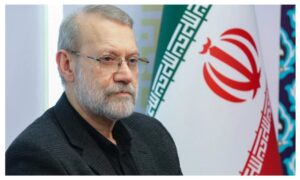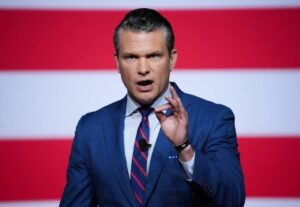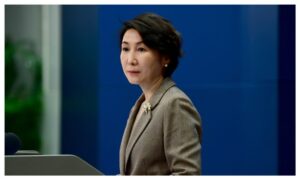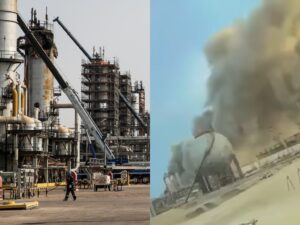The decision by President Bola Ahmed Tinubu to approve a 15% import duty on petrol and diesel has sparked debates across the country, with labour unions and economic stakeholders expressing deep concerns about its impact on Nigerians. The policy, expected to take effect in the coming weeks, will result in a significant rise in pump prices nationwide.
According to the Chairman of the Federal Inland Revenue Service, Zacch Adedeji, the tariff aims to protect Nigeria’s emerging refinery sector and reduce dependence on imported fuel. With the new duty, the pump price of imported petrol in Lagos is projected to rise to about ₦964.72 per litre, up from the current ₦925. Other states, including Abuja, are expected to see even higher prices due to logistics costs.
However, stakeholders warn that fuel price hikes will further strain citizens already grappling with inflation, high living costs, and stagnant wages. The Nigeria Labour Congress (NLC) and other advocacy groups argue the move could worsen economic hardships, trigger protests, and hurt small businesses that rely heavily on fuel.
Despite the backlash, presidential spokesperson Sunday Dare defended the policy, describing it as a “bridge, not a burden” designed to boost local refining capacity and end over-reliance on imported petroleum products. He urged citizens to see the initiative as a step toward energy self-sufficiency.
While the government insists the long-term benefits outweigh short-term pain, analysts warn that without proper support measures, the policy could deepen economic pressure on households and businesses already struggling to cope with rising costs.







